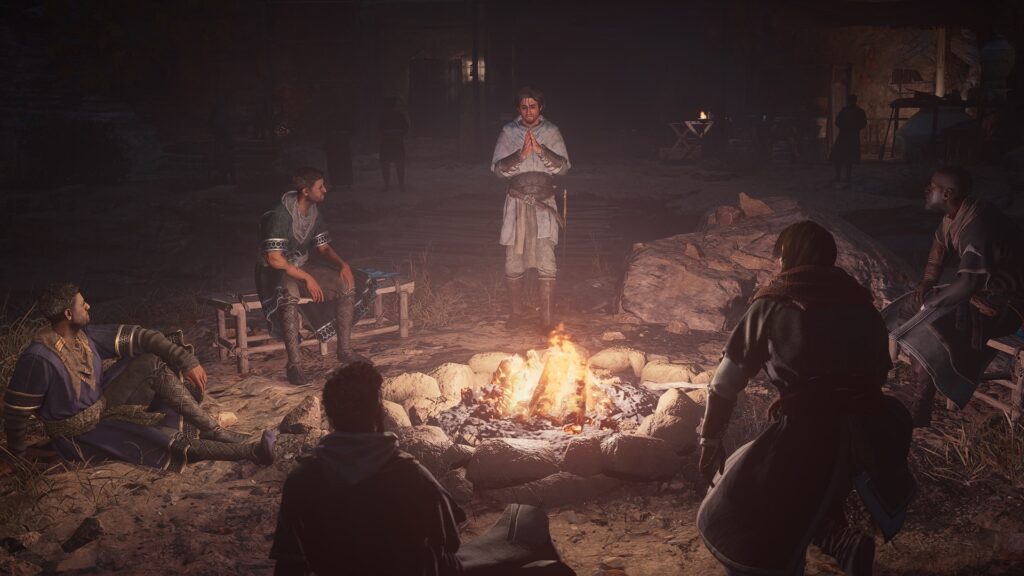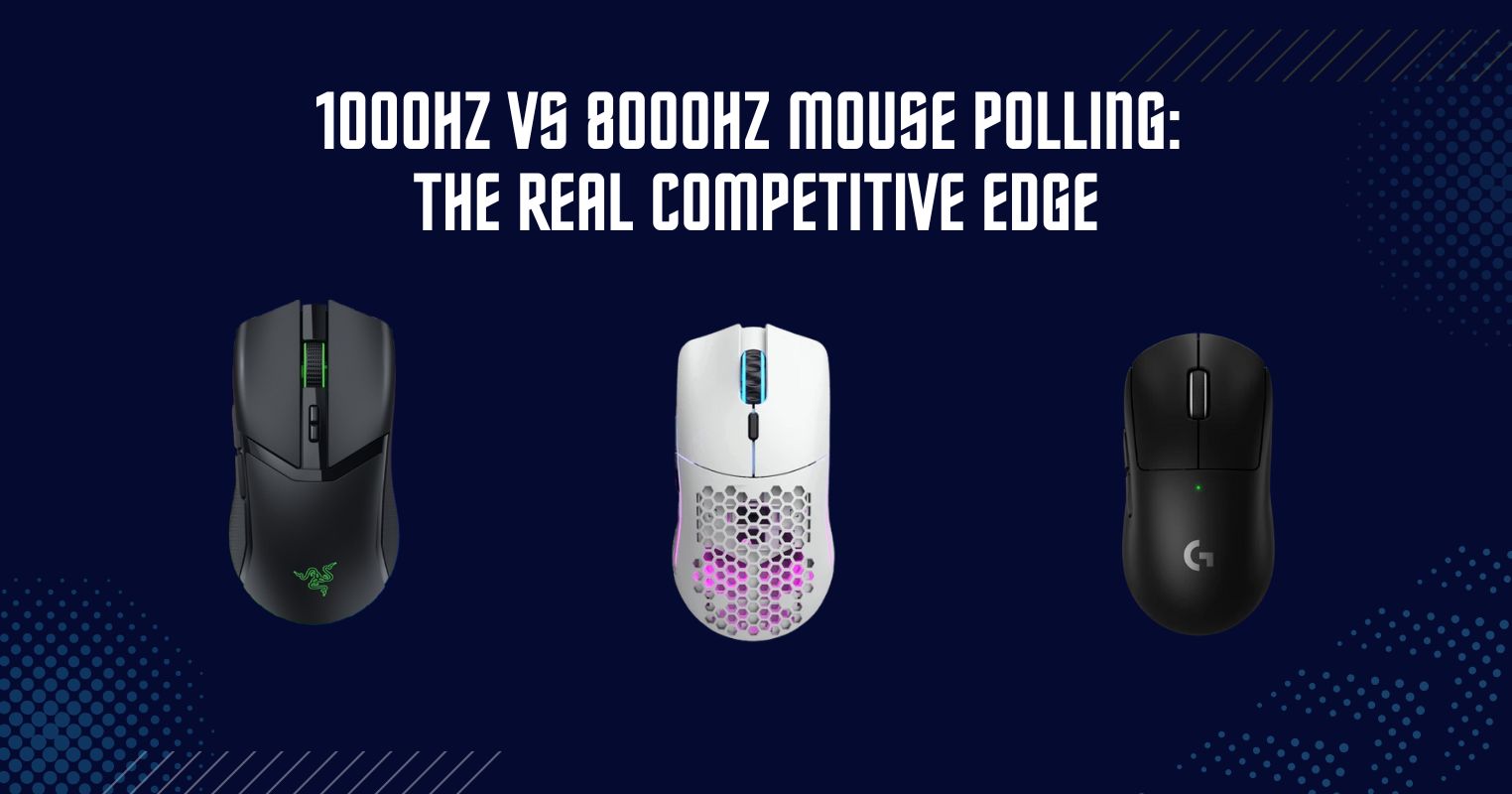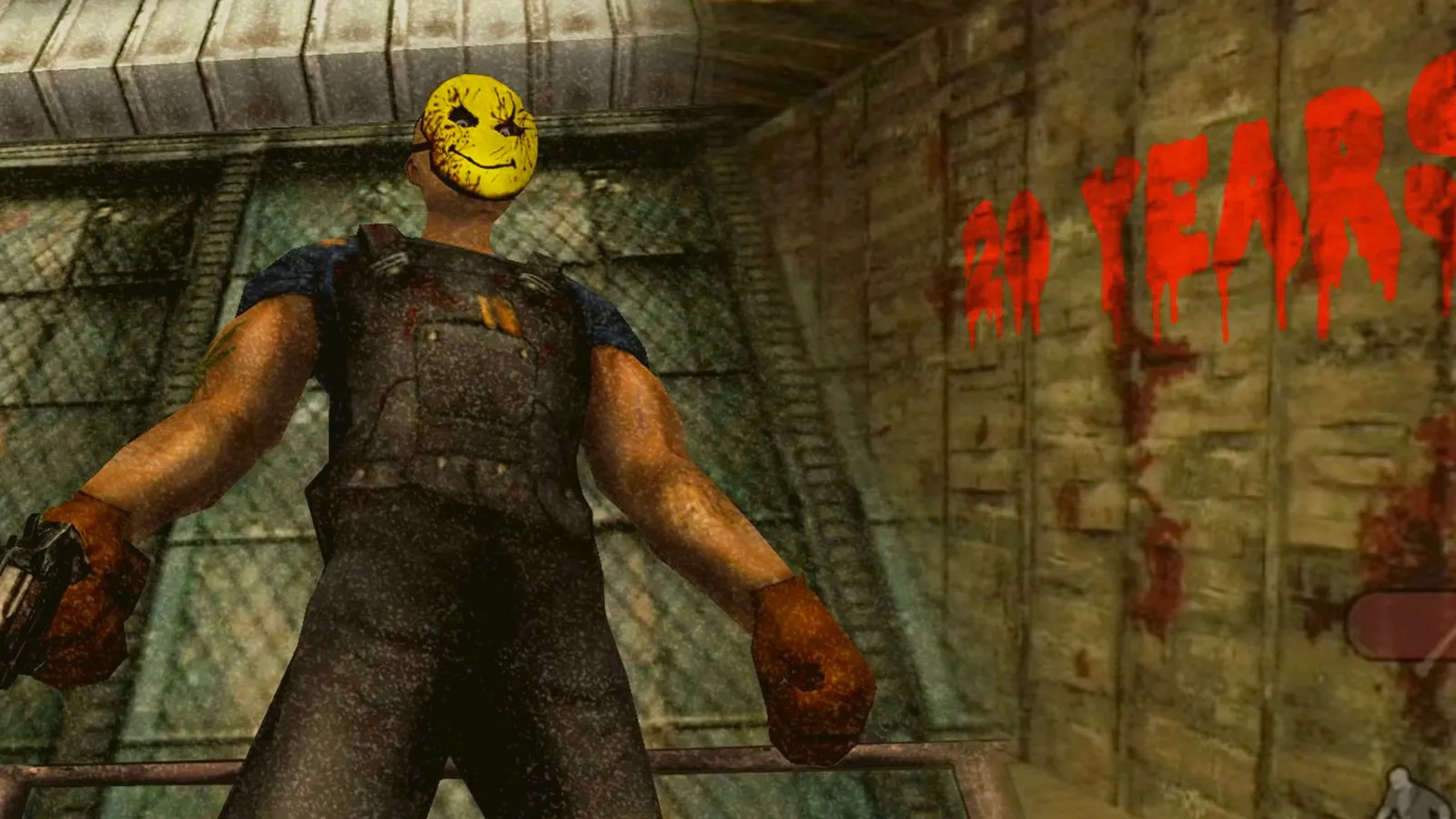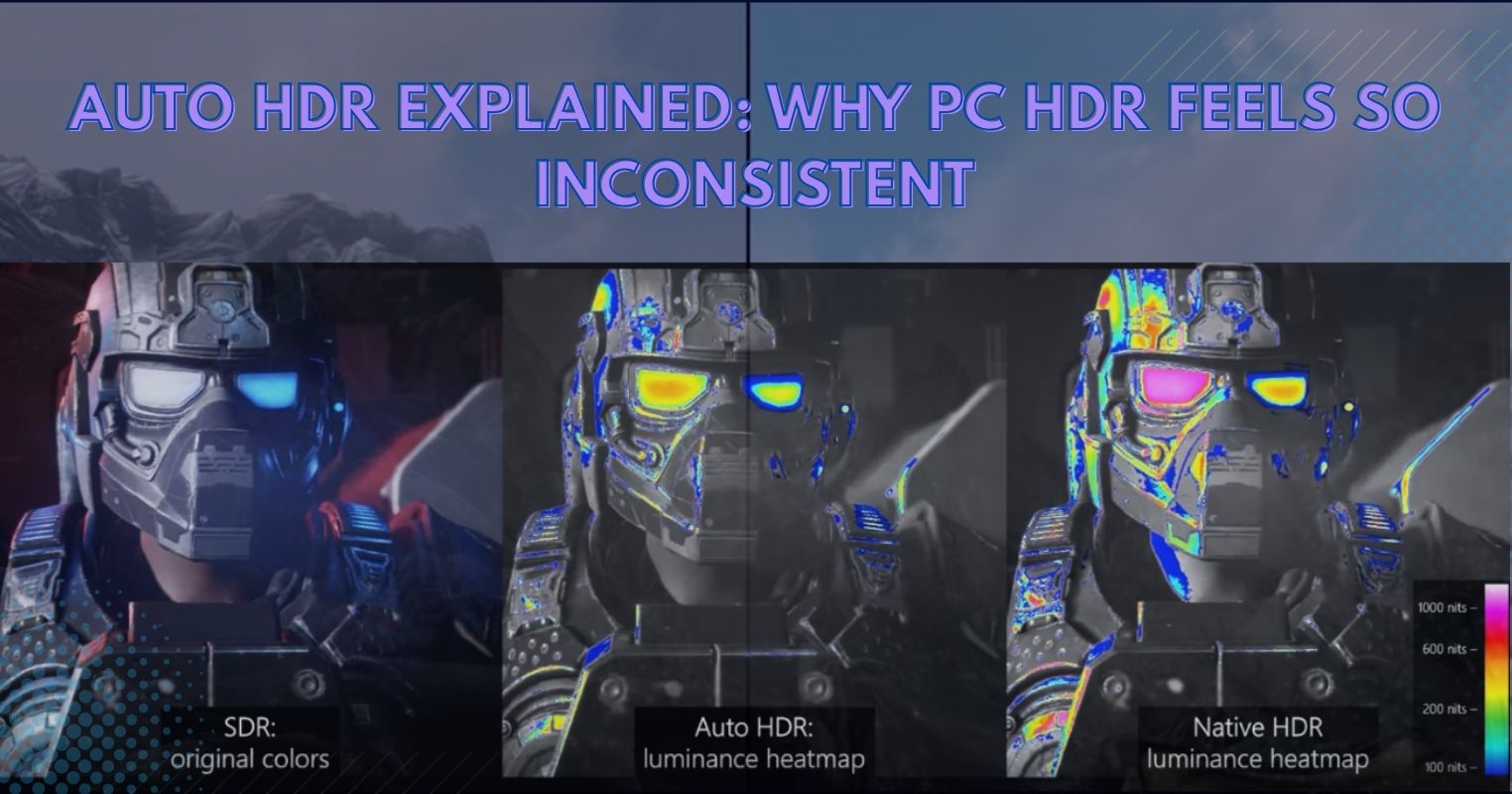- Ubisoft is set to switch between classic and modern Assassin’s Creed games in the future.
- This is the right decision since the classic formula was clearly becoming stale at one point, and many have also grown tired of back-to-back RPGs.
- This approach will keep things fresh as the shift to RPGs in 2017 did in the past.
The Assassin’s Creed franchise has gone through various shifts over its lifespan. The earlier games focused more on the action-adventure stealth genre, while newer releases leaned on RPG elements.
Many, including myself, appreciated and liked the changes. Still, some fans were disappointed to see a greater focus on mystical elements and the franchise leaving its old identity behind.
Amidst the new focus, Assassin’s Creed Mirage was released, a Valhalla DLC turned stand-alone game with a classic approach and a throwback for fans. Once again, the classic approach was a success for Ubisoft, receiving worldwide praise.
However, the franchise will soon return to its RPG side with Assassin’s Creed Shadows. In my opinion, Ubisoft is on the right track since frequently switching genres could benefit IP.
Why it matters: Ubisoft has divided Assassin’s Creed fans, with one side preferring RPG titles and the other enjoying the classic approach. Therefore, alternating between both could be a suitable middle-ground.

Classic Assassin’s Creed Got Too Repetitive
It’s no secret that Assassin’s Creed lost its charm by 2015 and desperately needed a refresh.
To be fair, Ubisoft had been releasing new games yearly until Assassin’s Creed Syndicate, sometimes launching multiple entries in a single year. While each game had improvements over the past, the formula was bound to get repetitive.
With so many entries, the series started to stagnate over time. The first four games were quite similar to each other, while Assassin’s Creed III, Black Flag, and Rogue were based on the same core gameplay.
Of course, the games were not carbon copies, but it was hard to deny a sense of repetition with this series. In my opinion, Assassin’s Creed had run out of fuel by 2015, and Ubisoft was wise to go a different direction.
The Modern Day RPGs Are Great
While many fans, including myself, expressed disappointment at the series’ shift to an RPG, it wasn’t until I played the new trilogy that I found these games amazing. To date, I can say that Assassin’s Creed Origins is among the best RPGs I’ve ever played.
This shift also introduced the series to an array of new players. In my opinion, this shakeup came at the right time for Ubisoft. It introduced a completely new, more engaging style of combat, expanded on the open-world concept that this franchise pioneered, and modernized the series.
Gone was Assassin’s Creed’s formulaic nature and restrictive gameplay, replaced by a format closer to the other RPGs of the time, including The Witcher 3. However, with time, Ubisoft settled again.
The RPGs grew bigger and bigger, with Valhalla becoming a prime example of gaming bloat. However, just as Ubisoft did in 2017, it quickly introduced another shift for the series with Assassin’s Creed Mirage.

Ubisoft’s New Approach Will Keep Things Fresh
Words cannot fully convey the excitement I felt for Assassin’s Creed Mirage as the franchise was returning to its roots. Mirage served as a heartfelt tribute to its fans from Ubisoft. However, in my opinion, the game fell short of expectations.
Hindered by its dated engine and featuring one of the weakest protagonists in the series, Assassin’s Creed Mirage left much to be desired. Despite these flaws, I will admit that returning to classic Assassin’s Creed in 2024 was a great experience.
In my opinion, Ubisoft’s strategy worked so well because everyone craved a classic experience. Even though last year’s outing was far from the best representation of this style, it helped break the monotony of the RPGs.
In the future, the team is expected to alternate between remakes, more classic entries, completely brand-new takes on the series, and more. This will prevent Assassin’s Creed from falling into the repetitive cycle it fell victim to in the past.
At the same time, such projects can allow Ubisoft to encourage more creativity within its teams. If the studio continues this approach, we might eventually see another side-scrolling Assassin’s Creed, like Prince of Persia: The Lost Crown, for instance.
The team can also cater to all fans, making it a win-win situation. While some may think this will lead to an identity crisis, I believe the days of Assassin’s Creed having a singular style are long gone, and it’s time to accept it.
Thank you! Please share your positive feedback. 🔋
How could we improve this post? Please Help us. 😔
[Staff Writer]
Shaheer is currently pursuing a Business degree while also working as a part-time Content Writer. With his deep passion for both writing and video games, he has seamlessly transitioned into a role as a Journalist. Over the past two years, Shaheer has contributed as a freelancer to various websites and landed positions on acclaimed platforms like Gamerant. Currently, his role at Tech4gamers is as a Features Writer, but he also covers News occasionally. Shaheer’s favorite gaming franchises are Assassin’s Creed and the God of War series.
Get In Touch: shaheerzahid03@gmail.com




